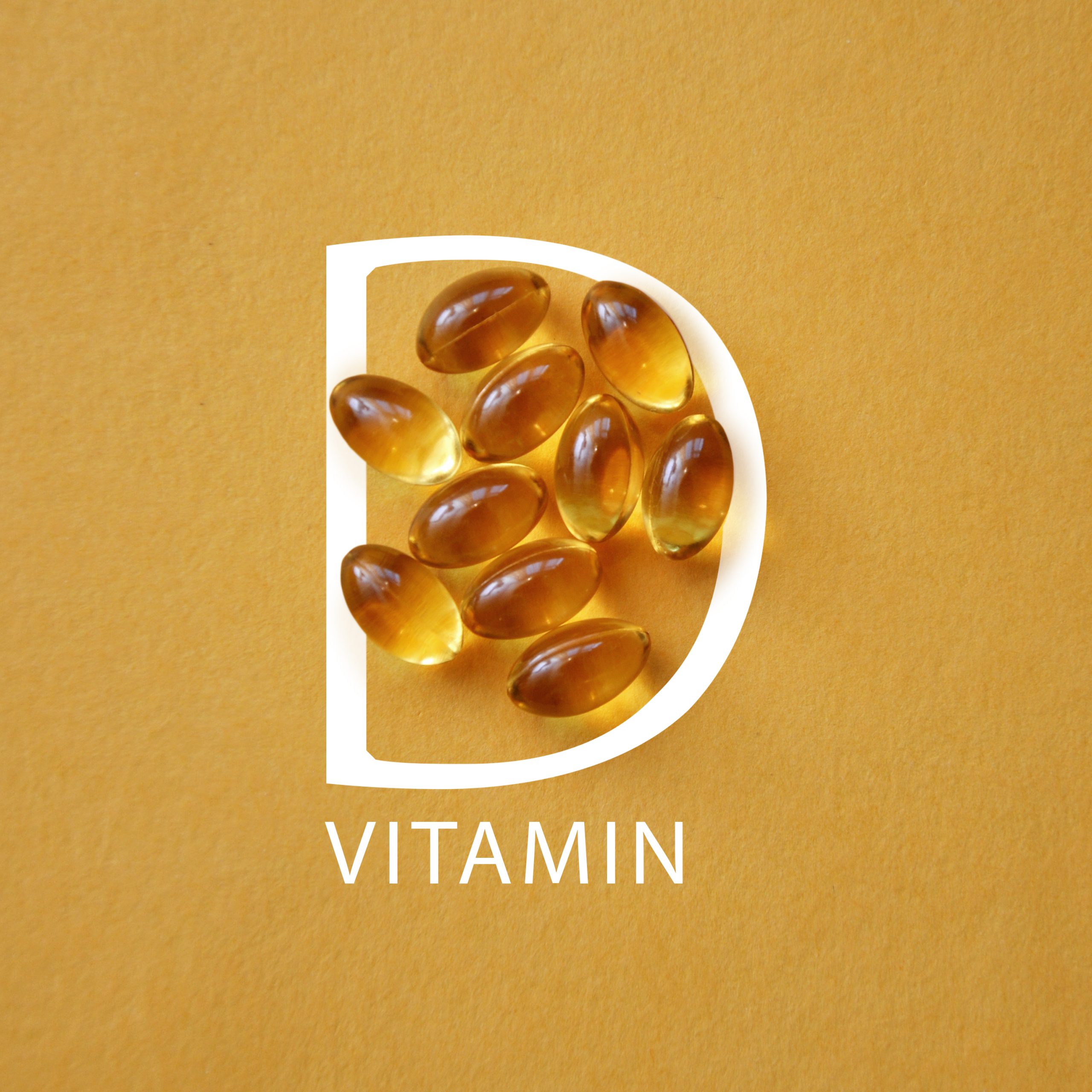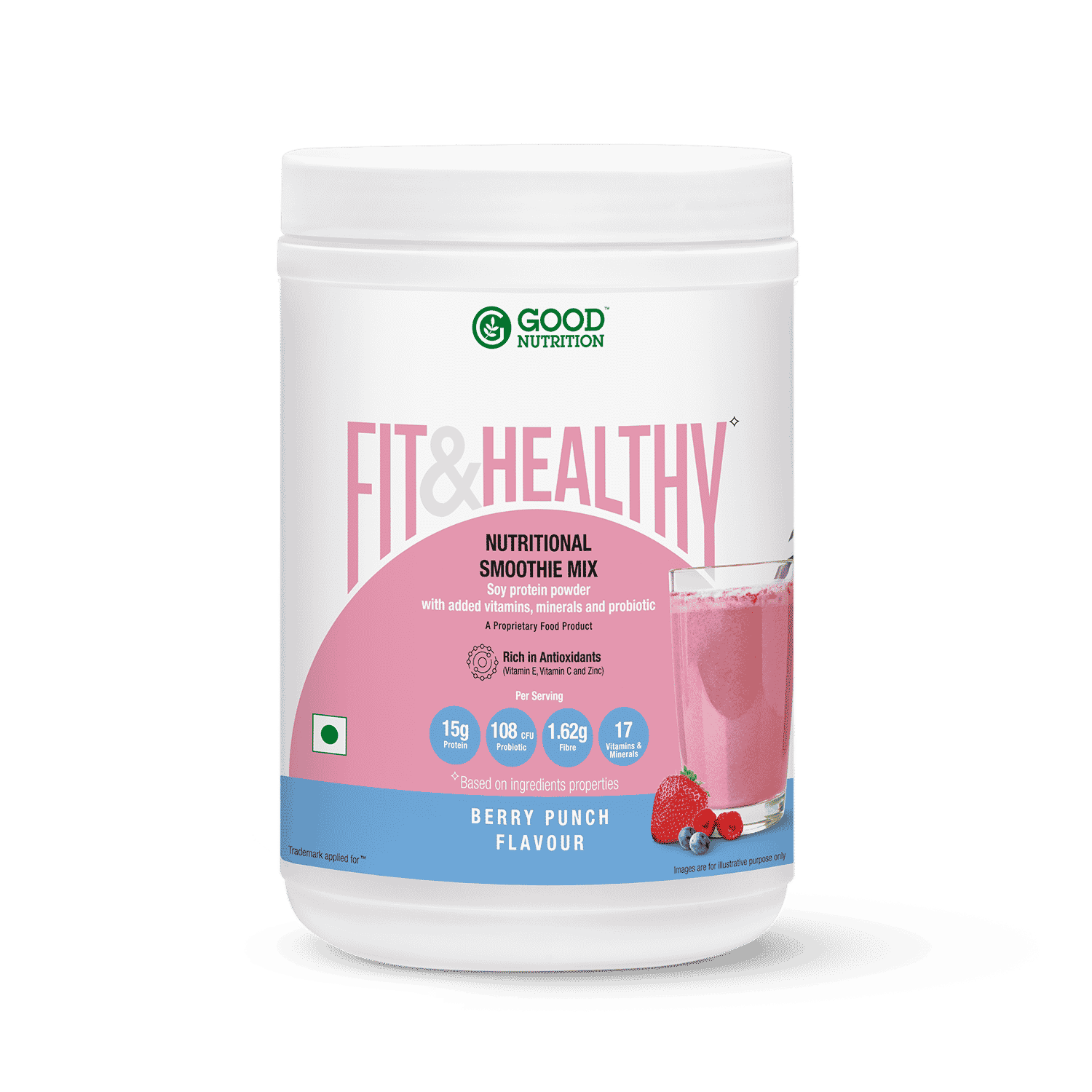Vitamin D is the most talked about vitamin today. The health section of the tabloids, videos and reels from health coaches and dieticians talk about the importance of vitamin D. They talk about how most of us are sub-clinically deficient in vitamin D and what symptoms and health issues does Vitamin D actually cause.
So, what is the big deal about Vitamin D?
Nearly every tissue and cell in our body has a vitamin D receptor. Without enough activated vitamin D in the body, dietary calcium cannot be absorbed. Calcium is essential for signalling between brain cells, development of bone, and tooth formation.
Studies also reveal that low vitamin D levels in the body are associated with:
- Increased loss of muscle strength and mass as we age
- Increased risk of cancers
- Lower levels of immunity
- Higher blood pressure
- The development of neurological disorders
- The development of diabetes
The active form of vitamin D is called as 1,25-dihydroxyvitamin D3 [1,25(OH)2D3] or calcitriol. This active form of vitamin D is a hormone and therefore, plays a crucial role in our body.
So, what are the sources of vitamin D?
Vitamin D is called the sunshine vitamin. We can synthesize vitamin D in our body through exposure to sunlight and therefore is the main source of vitamin D. However, we don’t get adequate sun exposure due to various reason like our urban lifestyle which makes us stay indoors, fully covered clothing etc. Additionally, People with dark skin may require 5-10 times the amount of sun exposure to produce adequate vitamin D, compared to someone with light skin pigmentation.
Vitamin D is extremely rare in foods. It’s found in fish, cod liver oil, mushrooms, liver and eggs – but usually not in substantial amounts.
Symptoms of Vitamin D deficiency
Symptoms of vitamin D deficiency could be ambiguous and difficult to explain. It can range from muscle cramps, general body pain, hair loss, muscle pain etc. to nothing prominently evident.
Vitamin D deficiency can cause osteoporosis and increase the risk of fracture especially in postmenopausal women.
Vitamin D deficiency has been identified as a cause of depression and anxiety in today’s younger population who largely have a sedentary lifestyle. Impaired sleep is also one of symptoms of Vitamin D deficiency.
Impaired blood glucose control, development of multiple sclerosis and Parkinson’s disease are also manifestation of vitamin D deficiency.
Covid-19 and vitamin D deficiency
It was observed that people with low vitamin D status had been associated with severity in covid-19 subjects. In a study, low vitamin D levels were inversely correlated with high interleukin-6 (IL-6) level which is an inflammatory marker and were independent predictors of COVID-19 severity and mortality.
How to get enough vitamin D
First of all, to know if you are really deficient or have insufficient levels, get a serum vitamin D level (25-hydroxyvitamin D [25(OH)D] concentration) test done. This test result will tell you if your vitamin D levels are normal. If not normal, they could be at insufficient level or deficient level.
Supplementation is essential if you have lower than normal levels. Work with your physician to understand your supplementation regime. Getting enough sunlight exposure is also important. However, it cannot be the only way to tackle deficiency and supplementation becomes important.













